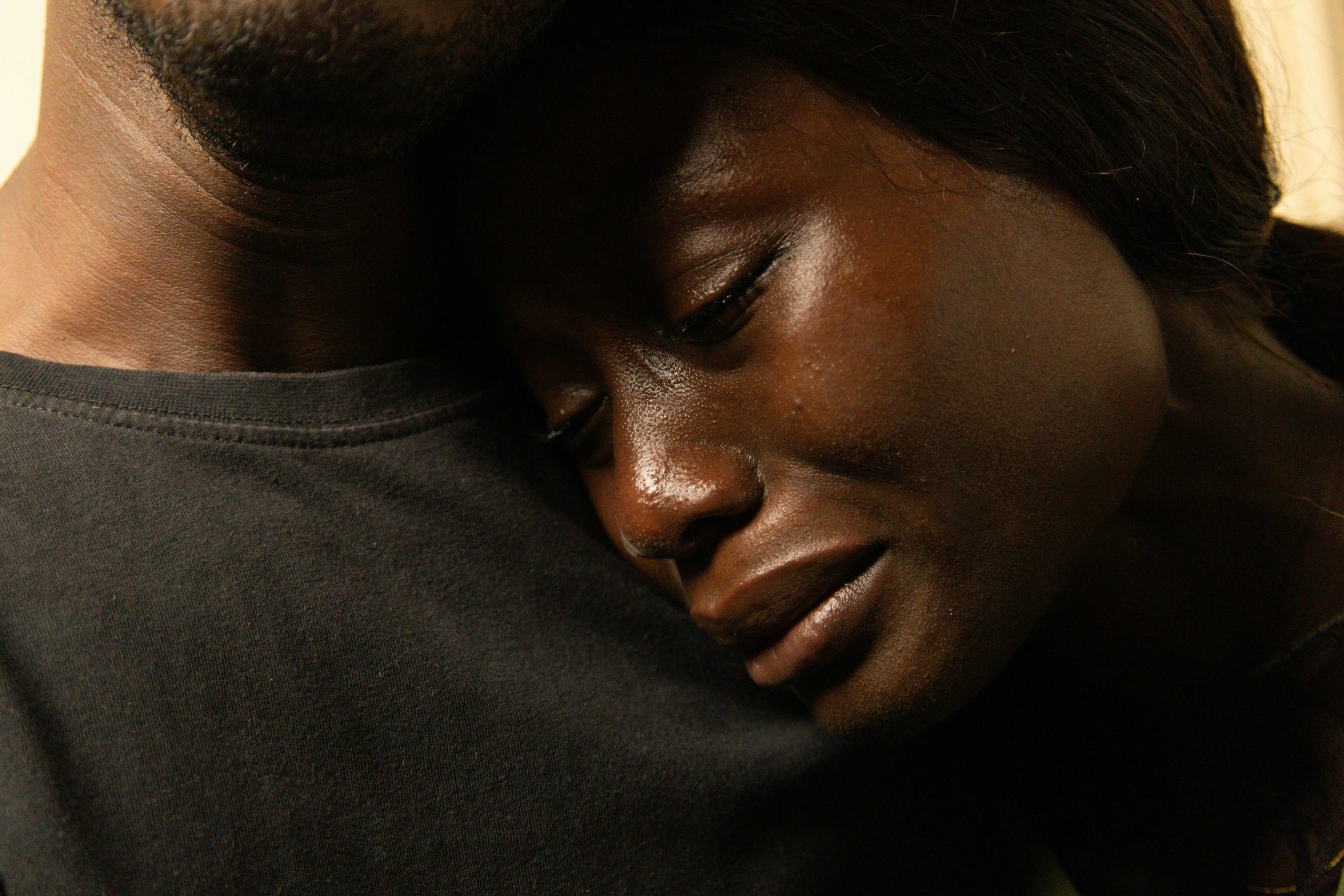By The Happiness 360 Editorial Team
Photo By Ben Iwara
OPENING NOTES FROM TRACIANA
Trust and respect are the cornerstones of healthy relationships, but without conscious communication, we cannot build them.
It’s easy to share gossip and stories with your partner, yet we freeze when we need to express our deepest needs. Fear of conflict, fear of disappointment—these barriers create the very disconnection we’re trying to avoid.
Through Fearless Listening, we learn that true intimacy requires not perfect harmony, but courageous transparency in all its uncomfortable beauty.
—Traciana
Why Successful Couples Are Mastering This One Communication Skill (And How You Can Too)
It happened during a strategy session at our editorial retreat. Sarah, a relationship researcher and frequent contributor, was presenting data on modern relationship longevity when she paused mid-sentence.
“Here’s what’s fascinating,” she said, highlighting a statistic on her screen. “67.5% of marriages end due to communication issues, but most couples think they’re already good communicators.” She looked around the room. “The gap isn’t in what we know about communication—it’s in what we’re actually practicing.”
That insight sparked a deeper investigation into why intelligent, successful people struggle with the very skill that determines relationship survival.
The Communication Paradox for High Achievers
High-functioning individuals excel at professional communication—negotiating deals, presenting to boards, and managing complex team dynamics. Yet these same people often find themselves tongue-tied when it comes to expressing basic needs to their romantic partners.
The disconnect: Professional communication focuses on outcomes and solutions. Intimate communication requires vulnerability and emotional risk-taking—skills that success-culture rarely teaches.
The 5 Communication Shifts That Transform Relationships
1. From Mind-Reading to Mind-Sharing
The old pattern: Expecting your partner to intuitively understand your needs without explicit communication.
The new approach: Treating your partner as an intelligent person who needs specific information to support you effectively.
Practice this: Instead of “You should know what’s wrong,” try “I’m feeling overwhelmed with work this week and could use extra support with dinner planning.”
2. From Conflict Avoidance to Conflict Curiosity
The old pattern: Deflecting or postponing difficult conversations to maintain surface-level harmony.
The new approach: Viewing disagreement as data about what each person values, not as relationship threats.
Daily practice:
- When you feel resistance to bringing something up, ask: “What am I afraid will happen?”
- Reframe conflicts as “What are we both trying to protect here?”
3. From Defensive Listening to Investigative Listening
The old pattern: Listening for what you disagree with or need to defend against.
The new approach: Listening to understand your partner’s internal experience, even when it differs from your own.
The technique:
- Maintain eye contact without planning your response
- Reflect back what you heard before sharing your perspective
- Ask: “What else?” to go deeper
4. From Assumption to Inquiry
The old pattern: Creating stories about your partner’s motivations without checking their accuracy.
The new approach: Getting curious about your partner’s experience rather than assuming you understand it.
Script examples:
- “I’m noticing I feel disconnected. How are you experiencing our relationship lately?”
- “When you didn’t respond to my text, I created a story that you were avoiding me. What was actually happening?”
5. From Critique to Construction
The old pattern: Pointing out what’s wrong without offering collaborative solutions.
The new approach: Addressing issues while building toward what you both want to create.
Framework:
- Observation: “I’ve noticed we haven’t had a date night in six weeks.”
- Impact: “I’m missing that focused time together.”
- Request: “Could we schedule something for this weekend?”
- Collaboration: “What would feel good to you?”
Integration: From Technique to Transformation
Improving relationship communication isn’t about perfect execution of these five techniques—it’s about developing genuine curiosity about your partner’s internal world and the courage to share your own.
The goal is creating a relationship culture where both people feel safe to be authentic, where differences are explored rather than avoided, and where love is expressed through conscious attention rather than assumption.
Start small: Choose one of the five shifts that resonates most with your current relationship dynamics. Practice it consistently for two weeks before adding another layer.
Through Fearless Listening, communication becomes less about getting your needs met and more about creating a deeper understanding between two people choosing to build a life together.
About the Happiness 360 Editorial Team:
The H360 Editorial Team features global writers and experts across disciplines, creating content that expands thinking across the five intelligences of Fearless Listening®: emotional, spiritual, physical, generational, and strategic—in order to support deeper self-awareness, self-actualization, and more aligned decision-making. [Learn more]
Disclaimer: This content is for informational purposes only and is not intended as medical or fitness advice. Consult qualified exercise professionals and healthcare providers before starting any new exercise program, especially if you have health conditions or injuries.
Read our full disclaimer →






















0 Comments for “ Why High Achievers Are Secretly Exhausted by Their Relationships (And How to Fix It)”